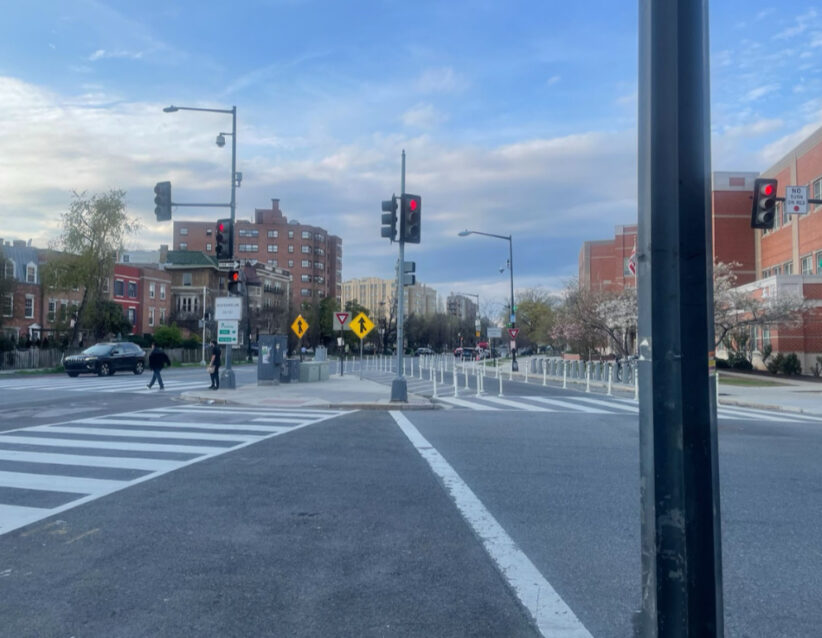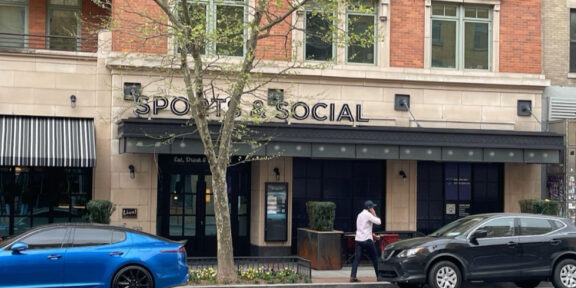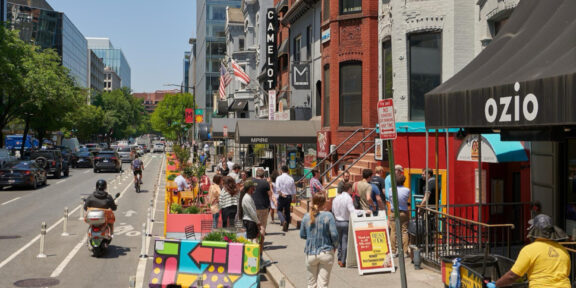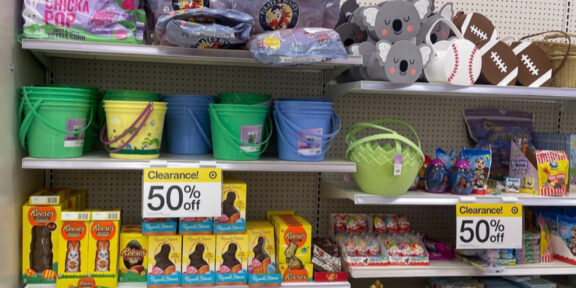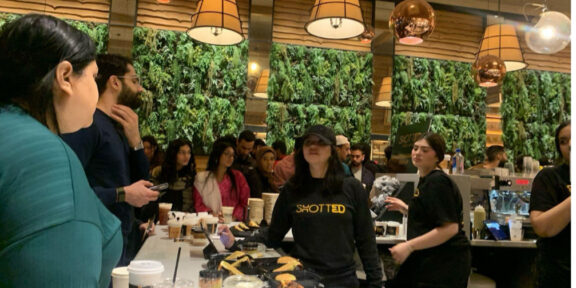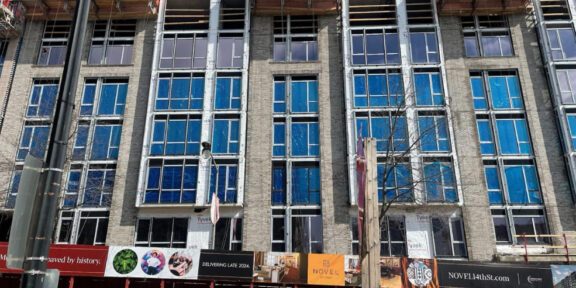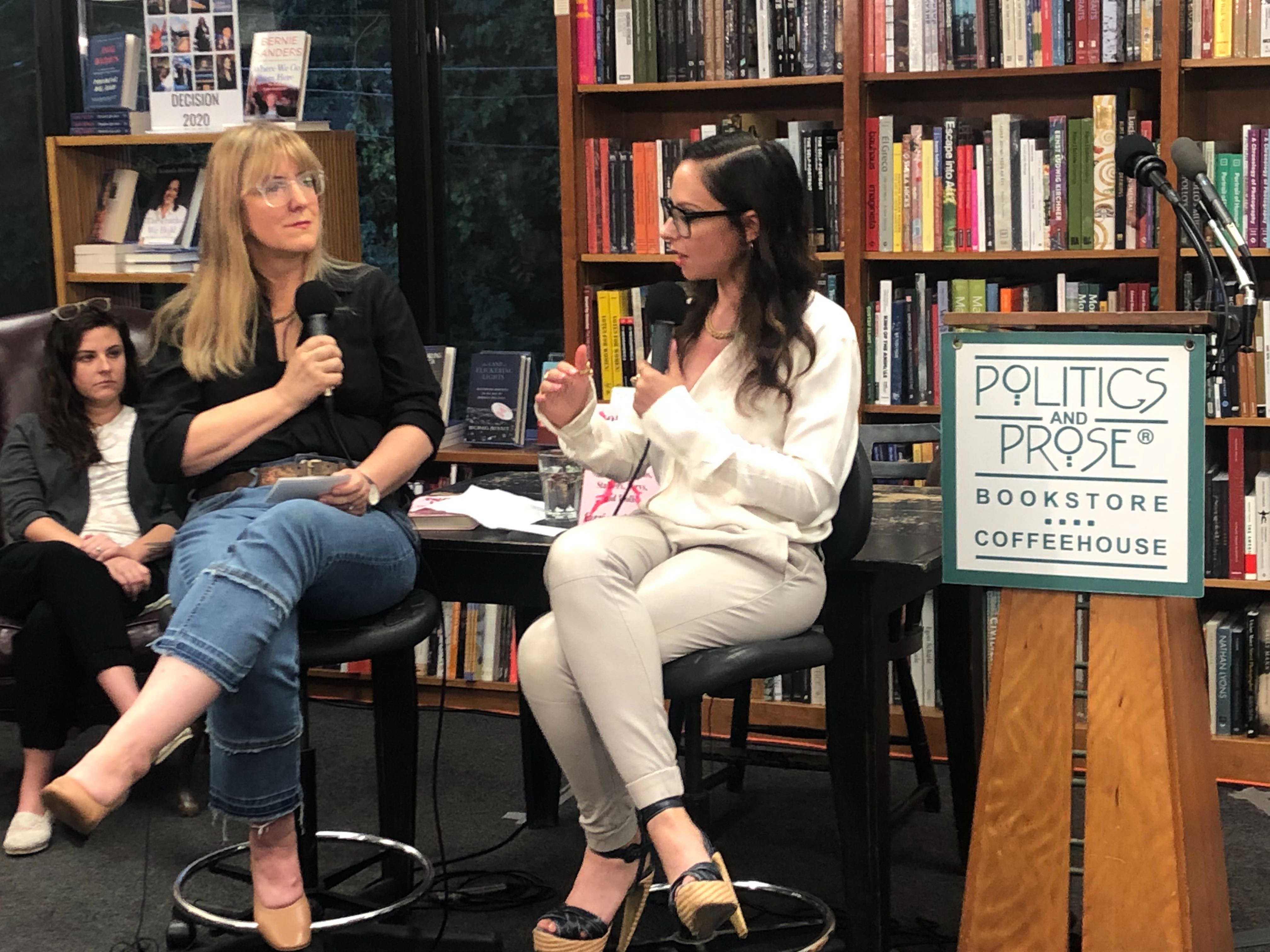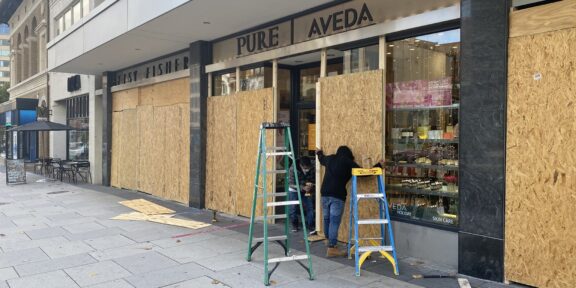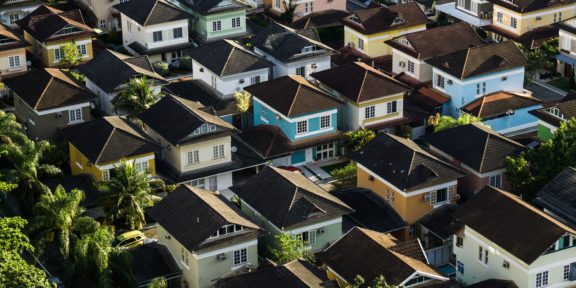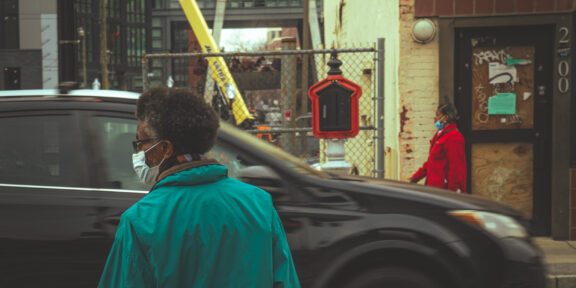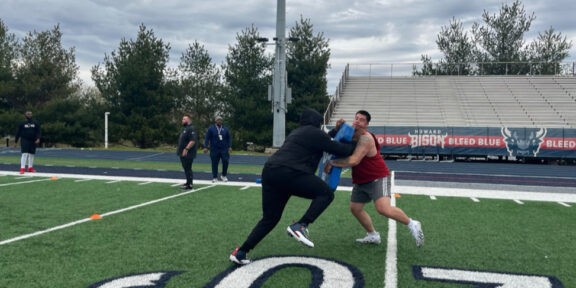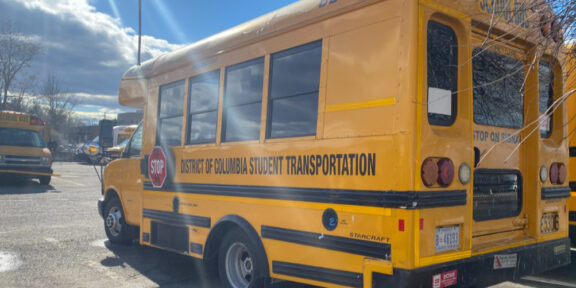By Mekala Seme
In partnership with the Advisory Neighborhood Committee (ANC), Highland Park, a local apartment complex, facilitated a “Coffee and Care” neighborhood cleanup on March 30. Residents of Columbia Heights joined their neighbors to clean up trash in the area.
The complex provided coffee for volunteers to enjoy before heading outside to clean the surrounding areas. According to ANC Ward 1 commissioner Peter Wood (C03), neighborhood cleanups are opportunities for neighbors to interact while sharing a positive common goal.
“Many times, residents only get the chance to interact with neighbors when something goes wrong: the electricity is out, a burglary occurs, there is a dispute over property lines or parking spaces,” said Wood. “Situations like these can easily become our frame of reference.”
In 1999, the Department of Justice Office of Juvenile Justice and Delinquency Prevention (OJJDP) released a program project evaluation on community cleanup. The program evaluation found that crime is less likely to occur in clean, well-lit, and frequently used neighborhoods.
The district’s seasonal “Helping Hand Program” facilitates Saturday neighborhood cleanups from March to October through the Department of Public Works.
“Advisory Neighborhood Commissioners have a unique position to strengthen community ties by facilitating unofficial, community-oriented events like cleanups that bring people together as collaborators rather than opposing parties,” said Wood.
Wood believes that organized efforts to remove trash from public spaces have obvious benefits to shared environments, making streets, parks, and alleys cleaner.
“Cleanups also make neighborhoods more livable because they provide a chance for neighbors to develop trust with one another,” he said.
“When neighbors develop and strengthen trust, the problems we face become less intimidating because we are better equipped to deal with them together,” he continued.
On Saturday, April 27, Mayor Muriel Bowser will host the city’s seventh annual district-wide spring cleanup following Earth Day.
“The Mayor’s Office of the Clean City operates as a community engagement agency with a strong emphasis on community-driven initiatives,” said Phil Thomas, director of The Mayor’s Office of the Clean City.
According to Thomas, the program is a city resource that “bridges the work of agencies and community partners to achieve a clean, safe, and healthy District of Columbia.”
“Our commitment extends to initiatives like Pride is Picking Up Pet Waste, which underscores our dedication to the Mayor’s objectives of mitigating litter and trash pollution in the District of Columbia,” said Thomas.
According to Director Thomas, MOCC works closely with several agencies, such as the Department of Public Works, the Department of Energy and Environment, and the Department of Health, particularly its Rodent and Vector Control Division.
These partnerships improve policy and legislative agendas aimed at enhancing existing laws and supporting initiatives like Sustainable 2.0, reflecting their long-term commitment to environmental sustainability and community well-being.
“Through educational campaigns and outreach initiatives, Clean City encourages residents to reconsider their consumption habits while providing practical resources to minimize waste generation,” said Thomas.
“One notable concept currently under development involves the transition from traditional public trash cans to innovative BigBelly waste solutions, exemplifying Clean City’s proactive approach towards modernizing waste management infrastructure for greater efficiency and effectiveness,” he continued.
For Columbia Heights resident and Howard University student Kaya Moody, neighborhood cleanups have been an opportunity for her to engage with and contribute to her community.
“These cleanups allow me to connect with my neighbors and cultivate relationships that will extend my time at Howard,” she said. “I’ve been able to learn so much about this neighborhood through these cleanups, and these experiences will last me for a lifetime.”

